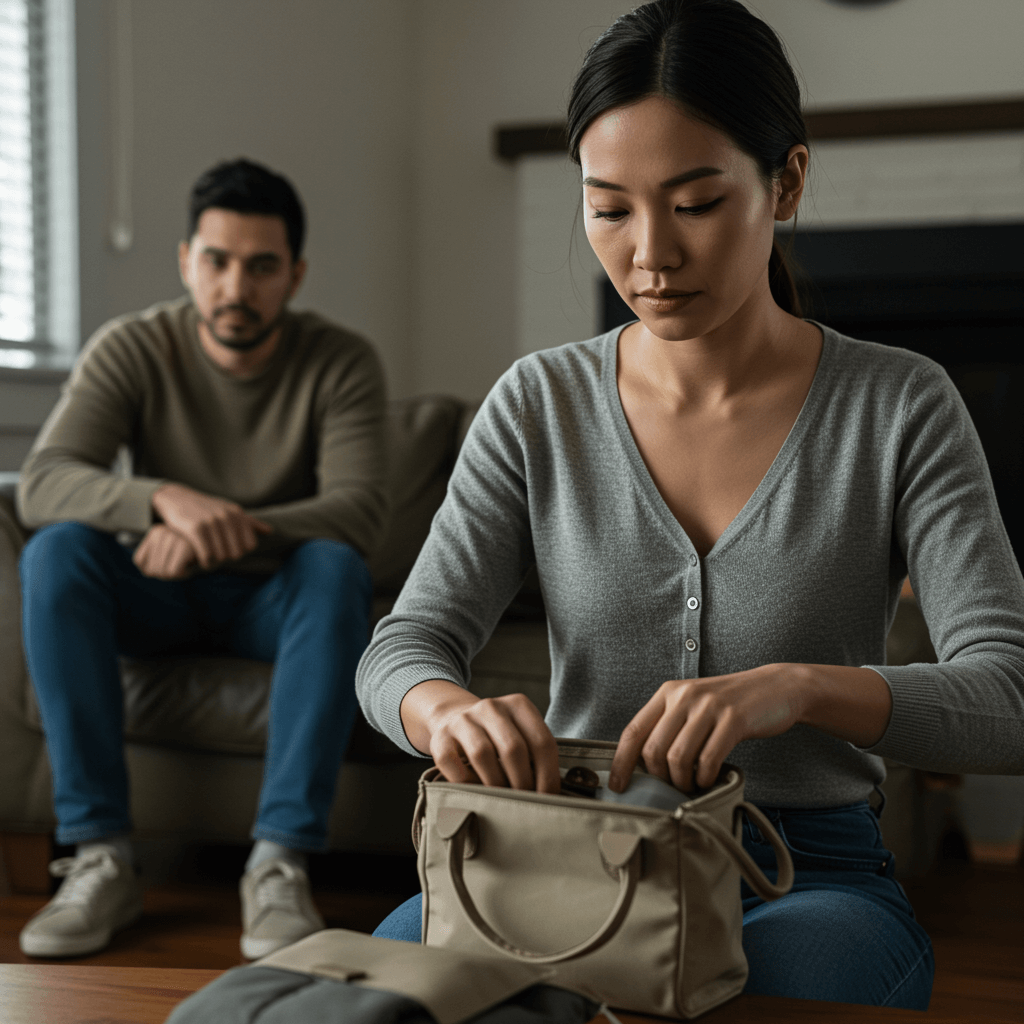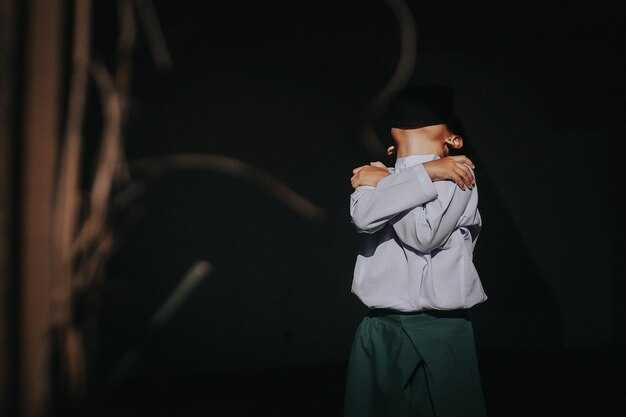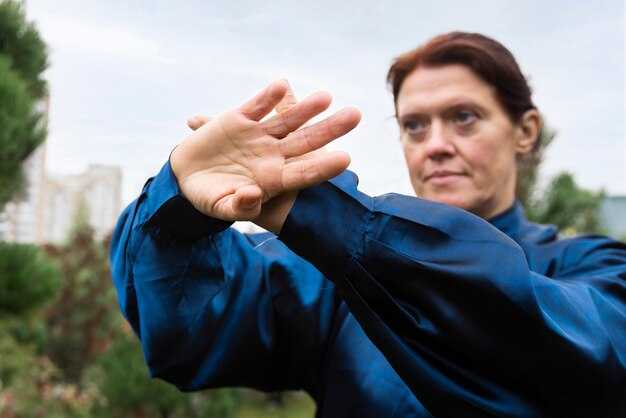Your avoidant partner actually needs you to walk away. At first that sounds impossible — when someone you love withdraws, ignores your texts and shuts down emotionally, it’s natural to assume they no longer care. You begin to replay every exchange, obsess over every moment, and ask yourself, “What did I do? Why are they different? Why does it feel like love is slipping away?” But the painful truth is different: their retreat is often not proof of indifference; it’s a sign of how terrified they are of losing you. Avoidance isn’t a shortage of love, it’s a response to fear — fear of intimacy, fear of abandonment, fear that if you see the real person underneath, you’ll leave and they’ll be destroyed. So they distance themselves first. As agonizing as that is for you, to them it feels like the safer option. This text will explain why avoidant partners unconsciously undermine the relationships they long for and what’s important to protect your own heart. Think about how many times a day the three dots appear and vanish on your screen. Your pulse lifts when you think they’re finally replying, and then silence. Minutes turn into an hour as you refresh like it’s vital. Panic rises. You feel sick. Your mind won’t stop racing through every thing you said: Was I too much? Did I sound needy? Did I push them away? Then blame follows; you convince yourself you ruined it and try harder — one more explanation, one more apology for something you didn’t even do — hoping to pull them back. Sound familiar? Hear this clearly: their quiet does not reflect your value. It is not evidence that you are unlovable or that you made a fatal mistake. What’s actually happening is this: the closer you attempt to get, the more frightening it becomes for them, and instead of moving toward you they withdraw. Because you care, you pursue; you escalate efforts to reconnect. Before long, you’re trapped in an exhausting pattern where every reach prompts a retreat, leaving you feeling invisible, rejected and starved for the affection you deserve. If this rings true, pause and breathe: you are not crazy, not overly clingy, and not asking for too much. You are seeking basic human needs — connection, predictability, safety and love — and that is entirely reasonable. With an avoidant partner it will always feel as if you’re begging for something that should flow naturally, which is why it hurts so much: you keep giving and they keep building higher walls. The hardest delusion is believing that if you simply love them enough, those walls will fall. But avoidance doesn’t yield to more love; it’s rooted in an old self-protection system, and understanding that requires looking back to the beginning. Avoidance doesn’t appear out of nowhere or as a quirky personality trait — it develops as a survival strategy. Picture a child of about six reaching for comfort and being met with coldness, criticism or silence. Perhaps the caregivers were emotionally unavailable, overburdened, harsh, or simply unable to meet that child’s needs. The child learns quickly that closeness equals danger: depend on someone and you’ll be disappointed; show too much and you’ll be rejected; need love and you’ll be ashamed. So the child adapts by building defenses — “I don’t need anyone; I’ll be self-reliant; I won’t depend on anyone again.” Years later that same child becomes the partner in front of you. On the surface they may appear confident, independent and even magnetic; avoidance can feel attractive early on because the initial phase of a relationship is light and fun, when closeness hasn’t yet triggered alarm. But as soon as the connection deepens and vulnerability or consistency are requested, that old survival reflex fires up. Their nervous system screams “Danger — back off,” as if the body remembers being the child that reached for love and got hurt. Rather than risk the pain again, they withdraw. The heartbreaking irony is that avoidant partners deeply want connection — love and belonging — yet their fear of abandonment is so intense that they’d rather sabotage the relationship themselves than risk being hurt by the other person leaving. That’s the paradox of avoidance: pushing away what is most desired. Anyone who has been on the receiving end knows how confusing and painful it can be. Consider the cycle: early on they can be so attentive, present and romantic — chasing, making you feel like the only person in the room. At that stage their feelings are genuine because closeness hasn’t overwhelmed them. But as the relationship becomes steadier and more real, things change, often imperceptibly at first. They begin to pull back: slower replies, fewer solid plans, conversations that once flowed now feel strained. You sense them slipping away and respond by chasing harder — longer messages, explanations, proof of love to bridge the gap. The cruel twist is that your affection becomes pressure to them. Questions about the future feel like threats; their body reacts as if love itself is dangerous. Thus the vicious push–pull escalates: the more you chase, the faster they retreat; the faster they retreat, the more desperate you feel, until exhaustion forces you to walk away. Many people don’t realize that on some level that outcome was anticipated by the avoidant partner. They may have steered the relationship toward a confirmation of their core belief that love doesn’t last and that it’s safer to be alone, leaving you questioning your worth. In reality you were swept into a survival story that began long before either of you met. Here is a harsh but common truth: sometimes an avoidant person actually needs you to leave. That sounds impossible — why would someone who loves you want you gone? — but it makes sense when fear of intimacy is so overwhelming. Being deeply loved can feel to them like standing unprotected in the middle of traffic; they brace for the moment they will be crushed, even if you would never do that. Their response is to raise barriers, to test the relationship, pulling away until eventually you give up and walk out. In their mind that confirms their safety strategy: if you leave first, they avoid the vulnerability of having to face abandonment themselves. They can tell themselves, “See? People leave. I was right to protect myself.” Notice the tragic loop: there is no conscious intent to destroy the relationship, yet subconscious fear drives behavior that makes loss self-fulfilling. Often, though, your leaving is what finally cracks their armor. Once the departure is real, it forces confrontation with the very fear they have been running from — abandonment. Initially they may feel relief and insist they’re better alone, but as silence grows, absence becomes loud. Nighttime quiet, the lack of your presence, warmth and care begin to register, and they may realize that avoiding loss has hurt them more than risking closeness ever would. That’s why many avoidant ex-partners return after a breakup: not only because of loneliness, but because losing the relationship reveals that pushing you away was not protective but self-destructive. Crucially, it’s not your responsibility to repair them. Repeating: it is not your job to fix another person. No amount of texts, explanations or pleas can make someone feel safe if their sense of safety must come from within. Pouring energy into proving your worth and soothing their anxiety often means abandoning your own needs and carrying the emotional load for two people — which is not love but self-sacrifice. Ask yourself: when did you last feel truly seen, steady or secure with this person? If you can’t remember, that’s a clear signal. Love should not require begging, chasing or constant battle. You deserve a relationship where your heart rests. You deserve a partner who meets you halfway, leans in with you and doesn’t punish neediness with withdrawal. The empowering shift occurs the moment chasing stops and you step back: you reclaim your power and send a different message — I love you, and I love myself too. That’s not manipulation or punishment; it’s healthy boundary-setting and self-respect. Sometimes it’s the only thing strong enough to break the pattern, because whether or not they heal is their responsibility — protecting your peace is yours. So what happens when chasing ends and you make the conscious choice to step away? At first many avoidant partners feel relief; their nervous systems have been overwhelmed by closeness and they welcome distance, rationalizing it with thoughts like “I’m better off alone” or “I never needed anyone.” But that relief is temporary. Loneliness accumulates and your absence gets louder than their fear. The walls that once seemed protective start to feel like a prison. They notice the quiet, the missing warmth and kindness, and a painful realization often follows: real regret — the gut-wrenching recognition of what their fear cost them. Not every avoidant person will return. Some double down on their old story, preferring solitude to intimacy. Yet many do come back, compelled by the shock of loss to confront wounds they had been avoiding their whole lives. Leaving is not intended to punish; it’s an act of protection and self-preservation. It reclaims energy, peace and self-worth, and if the avoidant partner chooses to do the hard inner work, that is their journey. But whether they heal or not, stepping back can be the wake-up call that breaks the cycle for both people. What follows depends on the person: for some, the loss is the catalyst that finally forces honest reflection, therapy and the slow learning to allow love in. For others, avoidance persists. That reality is heartbreaking but it isn’t your burden. The central truth is this: when you step away, you free yourself — free from chasing, from proving, from the emotional tug-of-war that leaves you depleted. You give yourself clarity and peace. You also offer both of you an opportunity to grow by refusing to enable the cycle any longer. You deserve a love that is steady, safe and real. Whether they rise to meet that standard or not, you have already won by choosing yourself — choosing healing over chaos, choosing to stop pouring energy into someone else’s defenses and to start building a future where love feels like home rather than a battlefield. Perhaps your absence will finally teach them intimacy can be safety instead of danger. And even if it doesn’t, you still win because you have protected your heart, the bravest choice of all. To bring this back to the opening point: your avoidant partner may need you to go. Not because you are unlovable or because you did something wrong, but because their lifelong fear of closeness makes pushing you away feel safer even when it breaks both your hearts. Remember this: their wounds are not a measurement of your worth; their silence does not determine your value; their fear is not your responsibility to heal. You deserve love that shows up consistently and unconditionally, without you having to beg for it. Sometimes the most loving and courageous action for both people is to stop chasing and step back so they must face the fear they’ve been avoiding. In the process you protect your heart, reclaim your power and open the door to a love that doesn’t run, hide or make you question whether you’re enough. You are enough — you have always been and always will be.



 The Shocking Truth: Why Your Avoidant Partner Secretly Needs You To Walk Away">
The Shocking Truth: Why Your Avoidant Partner Secretly Needs You To Walk Away">

 How to Build a Loving Relationship with an Avoidant Without Getting Hurt">
How to Build a Loving Relationship with an Avoidant Without Getting Hurt">
 STOP Trying to Make People Respect You & DO THIS Instead">
STOP Trying to Make People Respect You & DO THIS Instead">
 The Shocking Truth Behind Why Avoidants Disrespect You (And Test Your Love)">
The Shocking Truth Behind Why Avoidants Disrespect You (And Test Your Love)">
 Here’s My Story on How I Learned to Help Others Heal Their Trauma Symptoms">
Here’s My Story on How I Learned to Help Others Heal Their Trauma Symptoms">

 Stand Up For What Your Soul Knows You Need (4-Video Compilation)">
Stand Up For What Your Soul Knows You Need (4-Video Compilation)">
 Relationship Success in Just ONE Question! Will you Ask It?">
Relationship Success in Just ONE Question! Will you Ask It?">
 DYSREGULATION: This Core Trauma Symptom COULD Be Why Your Healing Is Stuck">
DYSREGULATION: This Core Trauma Symptom COULD Be Why Your Healing Is Stuck">
 The Hidden Shift That Forces An Avoidant To Finally Apologize For Hurting You">
The Hidden Shift That Forces An Avoidant To Finally Apologize For Hurting You">
 Here’s why Boundaries are ESSENTIAL!">
Here’s why Boundaries are ESSENTIAL!">